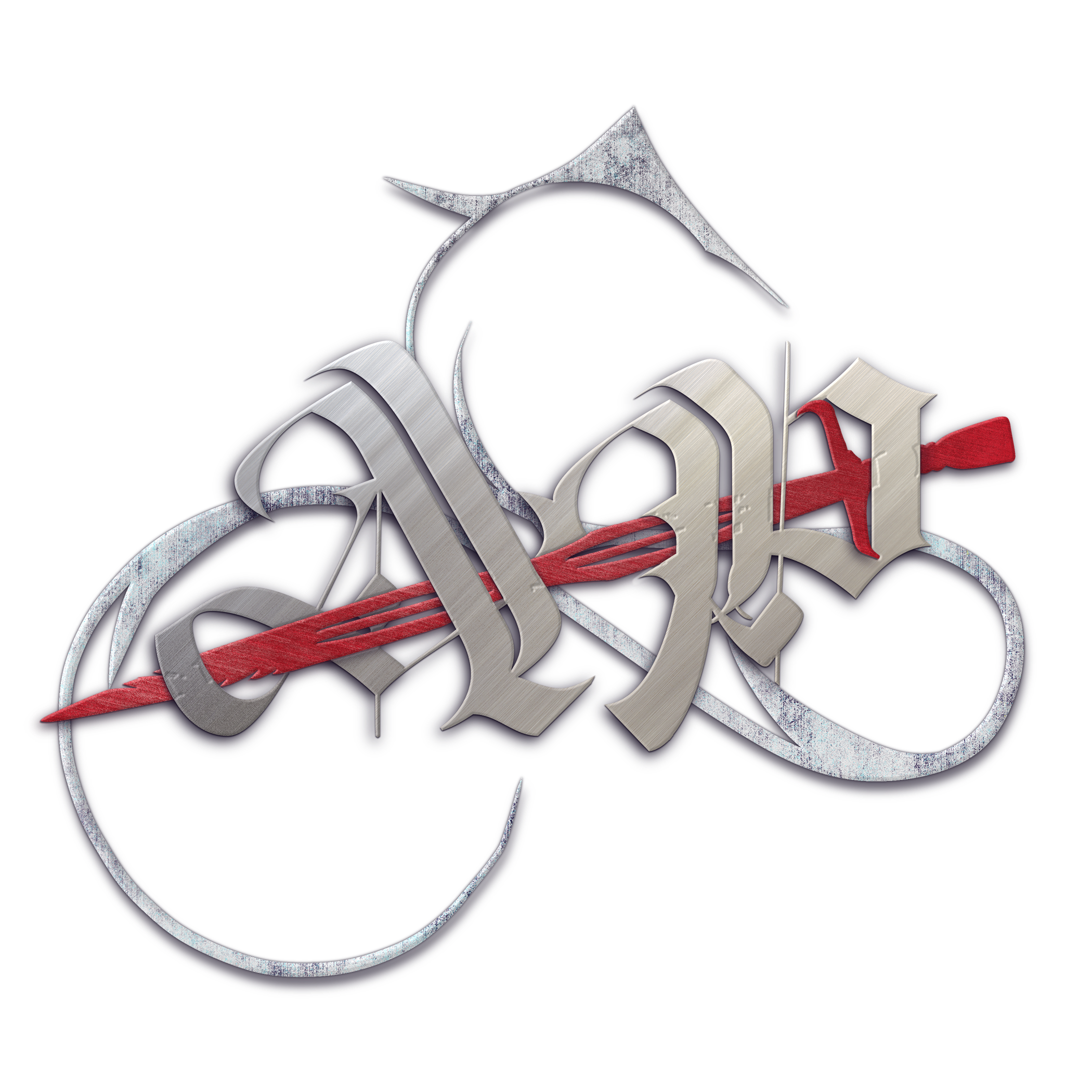When we write, we tend to put our thoughts on paper in the same way as they come out of our mouths. Unfortunately, this is a terrible habit of which writers need to cure themselves immediately.
How many times in your conversation do you use words such as "like". "It was, like, so awesome when we went there. We saw, like, a thousand birds who were, like…" and so on.
The words that come out of your mouth may sound fine, but putting them down on paper will make your writing read poorly. It's time to cure yourself of words that make your writing--and your speech--weak.
Was
This word is evidently the bane of many readers' existence. It's called passive voice, and it basically describes things that happened in the past instead of telling them how they are happening NOW. For example: Wrong: "Harvard was slammed into the wall by the angry gorilla." Right: "The angry gorilla slammed Harvard into the wall." The first tells you what happened, but in the past. The second tells you what is happening right now, and paints a picture that you can envision as you read. DITCH "WAS" FROM YOUR WRITING!It
Pronouns are often thrown around liberally, and none more so than "it". "It" can describe any number of things, from "cheesecake" to "octopus semen", but how you use "It" is important. For example: Wrong: Barbara slid her hand along the bannister. IT was hard and wooden. Right: Barbara slid her hang along the hard, wooden bannister. Often you can combine the two clauses into one, simply eliminating "it" and making your writing stronger.It Was
Bam! Two weaknesses in one! "It was a cold and stormy night…" is the classic way to start a horror tale, but it's poor writing that shows weakness. This horrible phrase is both passive (was) and a vague use of (it). Instead, try to start the sentence with something stronger. Wrong: It was a chilly winter… Right: A chill hung in the winter air…Was (Verb)-ing
Using "was (verb)-ing" (example: was fornicating) is weak sauce! It uses the passive form of past continuous, which in itself is already weaker than the simple past tense. Wrong: Jane was dancing on Arlo's grave all night long. Right: Jane danced a jig on Arlo's grave all night long.Had Had
There are almost NO instances when you should be using "had had". It may crop up once every 200,000 words or so, but try to avoid it even then. Wrong: William had had enough of Fallow's ejaculations. Right: William had grown weary of Fallow's ejaculations.Multiple Prepositions
Can you put something "down on" a surface? Sure you can, but wouldn't it be better to just put it "on" the surface? Once again, there may be the occasional exception to this very solid rule, but NEVER use two prepositions together. Wrong: Carly spiked Bob's head up over the volleyball net. Right: Carly spiked Bob's head over the volleyball net.Redundancies
This is a tough one to deal with, and I'm finding myself having a hard time with it. Basically, some explanations just aren't necessary. For example, "he shrugged his shoulders". What else could be he shrugging? Can you shrug knees, hands, or eyeballs? Doubtful. Try to avoid explaining things when they're unnecessary. Wrong: Janet slipped on a banana peel in the darkness of the night. Right: Janet slipped on a banana peel in the darkness.Multi-Word Verbs
This is a pet peeve of mine, but it's not one that's strictly right or wrong. It goes along the line of adverbs, or "Running quickly" when you should be saying "dashed or sprinted". Multi-word verbs include winners such as:- Cut down
- Turn down
- Look after
- Came up with
